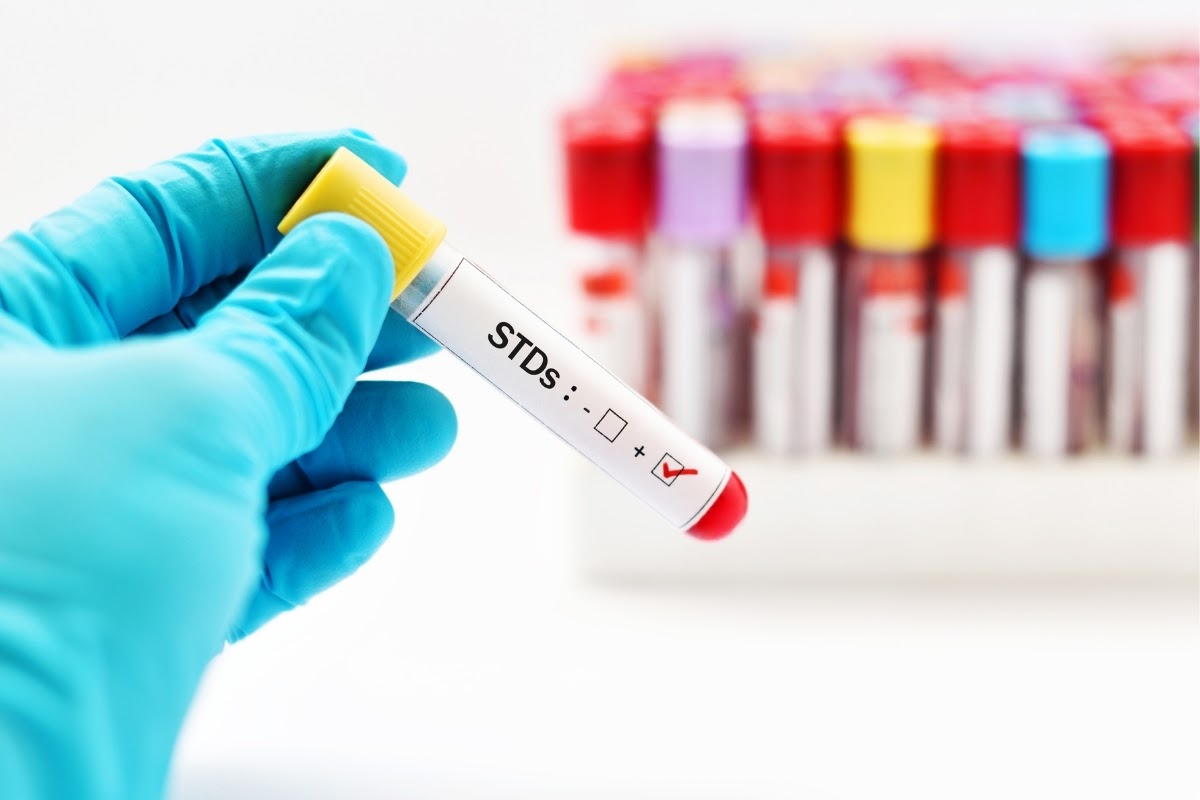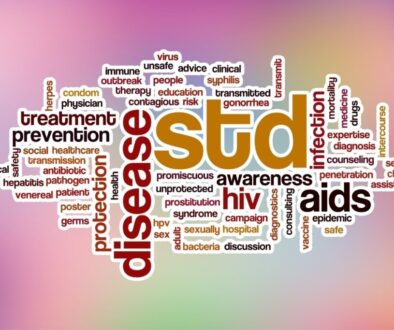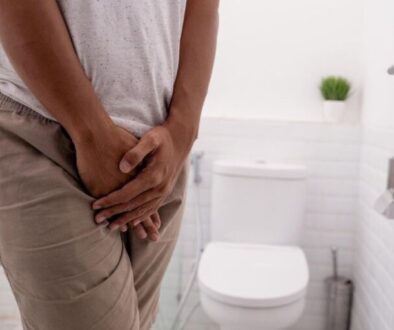How Long Does It Take To Get STD Results?

Published Oct 19, 2020
If you are or want to be sexually active, it’s essential to have ample knowledge of STDs. The World Health Organization defines health as “a state of complete physical, mental and social well-being and not merely the absence of disease or infirmity.” This implies that sexual health is also an integral part of overall health, making it all the more alarming how people know so little about sexual health.
Unfortunately, to this day, there’s still a certain stigma associated with sexual health, specifically sexually transmitted infections and diseases (STIs and STDs) throughout the world. It doesn’t help that many Hollywood movies depict STDs in a comical way too. It’s come to the point that we’re led to believe that STIs and STDs are things you should be ashamed of.
In reality, it’s quite the opposite. If you’re sexually active, you have a massive chance of contracting an STI at least once in your life. Every year, over one million unique people acquire an STI. STDs get a bad rap, but they’re nothing to be ashamed of. In this article, we’ll be answering some questions about STD testing, including how long it takes to get STD results and what you should expect in an STD test.
How long until STD symptoms show?
When you first expose yourself to an STI, you will not be infected right away. Furthermore, you won’t show symptoms of the disease until an even later period, which we call the incubation period. Testing for an STD too early, while the disease is still in its incubation period, can paint an incomplete picture.
After this incubation period, your body will have produced antibodies against these STDs. Tests can reliably detect these antibodies, so while external symptoms of STDs are clear markers of the disease, you’ll want to get tested if you were potentially exposed to an STD.
When’s the right time to get tested for STDs?
STDs have different incubation periods. People react differently to STDs, with some people able to produce antibodies as early as a few days after exposure. To get reliable results, you’ll want to get tested after these incubation periods:
- HIV: 2-4 weeks
- chlamydia (CT): 7 to 21 days
- gonorrhea (GC): 1 to 14 days
- syphilis: 3 weeks to 20 years (depending on specific type)
- hepatitis A: 15 to 50 days
- hepatitis B: 60 to 150 days
- hepatitis C: 2 to 26 weeks
- oral herpes: 2 to 12 days
- genital herpes: 2 to 12 days
- HPV: 1 month to 10 years (depending on specific type)
trichomoniasis: 5 to 28 days

How long after testing will I get my results?
Some clinics offer a rapid HIV test, where you will be able to get your results as soon as 20 minutes! However, the overall answer to this question remains iffy. You could get your results within a few days, but you may not get them at all in some cases. If you get tested, and your results aren’t delivered to you within a few weeks, you need to make a call to follow up on them.
What type of tests do you need to screen for different STDs?
There isn’t one universal test for all STDs, as they attack the body in unique ways. Here are the specific tests you should expect when getting tested for each particular STD.
- HIV: specific antigen/antibody blood test
- chlamydia (CT): blood, swab, or urine tests
- gonorrhea (GC): blood, swab, or urine tests
- syphilis: blood tests
- hepatitis A: a specific antibody blood test
- hepatitis B: a specific antibody blood test
- hepatitis C: a specific antibody blood test
- oral herpes: ulcer, culture, or blood tests
- genital herpes: ulcer, culture, or blood tests
- HPV: pap smear
- trichomoniasis: NAAT blood test
How do I initiate the conversation with my doctor about getting tested?
We understand that it can be quite intimidating and nerve-wracking, and that’s perfectly normal. STD tests aren’t a part of your regular checkups, so you’re going to need to ask for one, especially if you feel like you’ve been exposed to one.
While you might be embarrassed to talk about this with a medical professional, you don’t need to be. Experienced medical practitioners have seen and heard it all, so you won’t be surprising them with whatever you think you have. Most people will contract an STD at least once in their lives, and getting regular tests is the most responsible thing anyone can do. Keeping your concerns to yourself will only hurt you in the long run.
Here are some ways you can ask about getting tested without having to say it outright:
- I’ve never tried getting tested for STDs. Do I need to be?
- Have I ever been tested for STDs during my checkups?
- What STDs should I be wary of? What symptoms will tell me if I need to be tested?
The more information you share with your doctor, the more complete a picture you will be painting for them. They’ll be able to diagnose you with the most pressing things you need at the moment.
What should I do if I test positive for an STD?
Finding out you have an STD can be an earth-shattering moment. You’re going to feel a mix of emotions, ranging from fear to shame to despair. It’s okay to feel all these things, but just remember, you don’t have to worry. Many people had come before you and lived with STDs, so you’ll most likely be okay.
The best thing to do once you get this news is to get your doctor’s advice on moving forward. You can do yourself a favor by adhering to a structured treatment plan, which should cure your condition (if it isn’t viral).
You should also get into the habit of informing your sexual partners about your condition. This is far from the easiest conversation to have, so here are some tips to help you out there. You shouldn’t despair that you’ll never be able to have sex again because that isn’t the case. With the right medication, you can live with an STD and have a fulfilling sex life.
Suffering From Herpes Type 2 Outbreaks?
Herpezine is a specially formulated all-natural mixture of ingredients proven to help relieve and prevent HSV2 outbreaks when used as directed. This safe, over-the-counter Herpes treatment contains both traditional homeopathic and scientifically proven anti-viral ingredients such as L-Lysine HCI and Bee Propolis. Learn more about Herpezine on our website and visit our pricing page to purchase your first bottle.

About The Author
Terrence Tan Ting is an industrial engineer by profession but a full time writer by passion. He loves to write about a wide range of topics from many different industries thanks to his undying curiosity.






